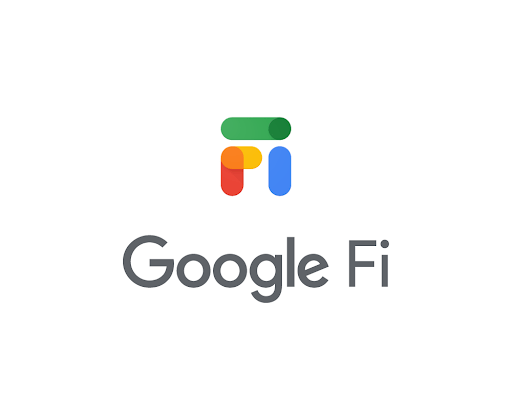Earlier this year, the U.S. government tried to force Facebook to secretly recode its Messenger app to allow the feds to listen into an encrypted, real-time voice call on suspected members associated with the notorious MS-13 gang.
It was only when reporters revealed that when Facebook declined, the feds pushed the court to hold the company in contempt. The case collapsed, but details of the case remain under seal and out of the public eye.
Now, the ACLU wants to know how the feds tried to pull it off.
The rights and civil liberties group filed a motion in California on Wednesday to ask the judge to unseal the case to reveal exactly what the government asked that was enough to convince the court to demand Facebook dismantle Messenger’s encryption in the first place. The motion also wants to know what legal grounds the Justice Department had to compel Facebook to undermine the security in its own product — and for what reason the court pushed back.
Jennifer Granick, ACLU’s surveillance and cybersecurity counsel, said the public “deserves to know why the government thought it could dismantle measures that protect their right to privacy online.”
“The outcome of this legal dispute between Facebook and the Justice Department has the potential to affect the private communications of millions of Americans who use communication services such as Messenger, WhatsApp, Skype, and Microsoft Outlook,” she said.
It’s the latest in several attempts in recent years to compel a company to rework its products to help the government conduct surveillance. But because Facebook won its legal challenge in private, experts warn that other companies facing similar efforts to undermine their products will not be able to use Facebook’s legal precedent in their own defense.
“In a world constantly changing due to rapid advances in technology, the American legal system must keep pace,” said Kara Brandeisky and Kristin Mulvey, two law students at New York University’s School of Law, who helped write the motion. “That can’t happen if we don’t even know what the law says about our right to privacy and security.”
The ACLU’s motion was joined by the Electronic Frontier Foundation and Stanford’s Riana Pfefferkorn.
Facebook declined to comment. A spokesperson for the Justice Dept. also declined to comment.
from Apple – TechCrunch https://ift.tt/2rcV7HL
 That’s changing today, though. The company is opening up Fi — and renaming it to Google Fi — and officially expanding device support to most popular Android phones, as well as iPhones. Supported
That’s changing today, though. The company is opening up Fi — and renaming it to Google Fi — and officially expanding device support to most popular Android phones, as well as iPhones. Supported